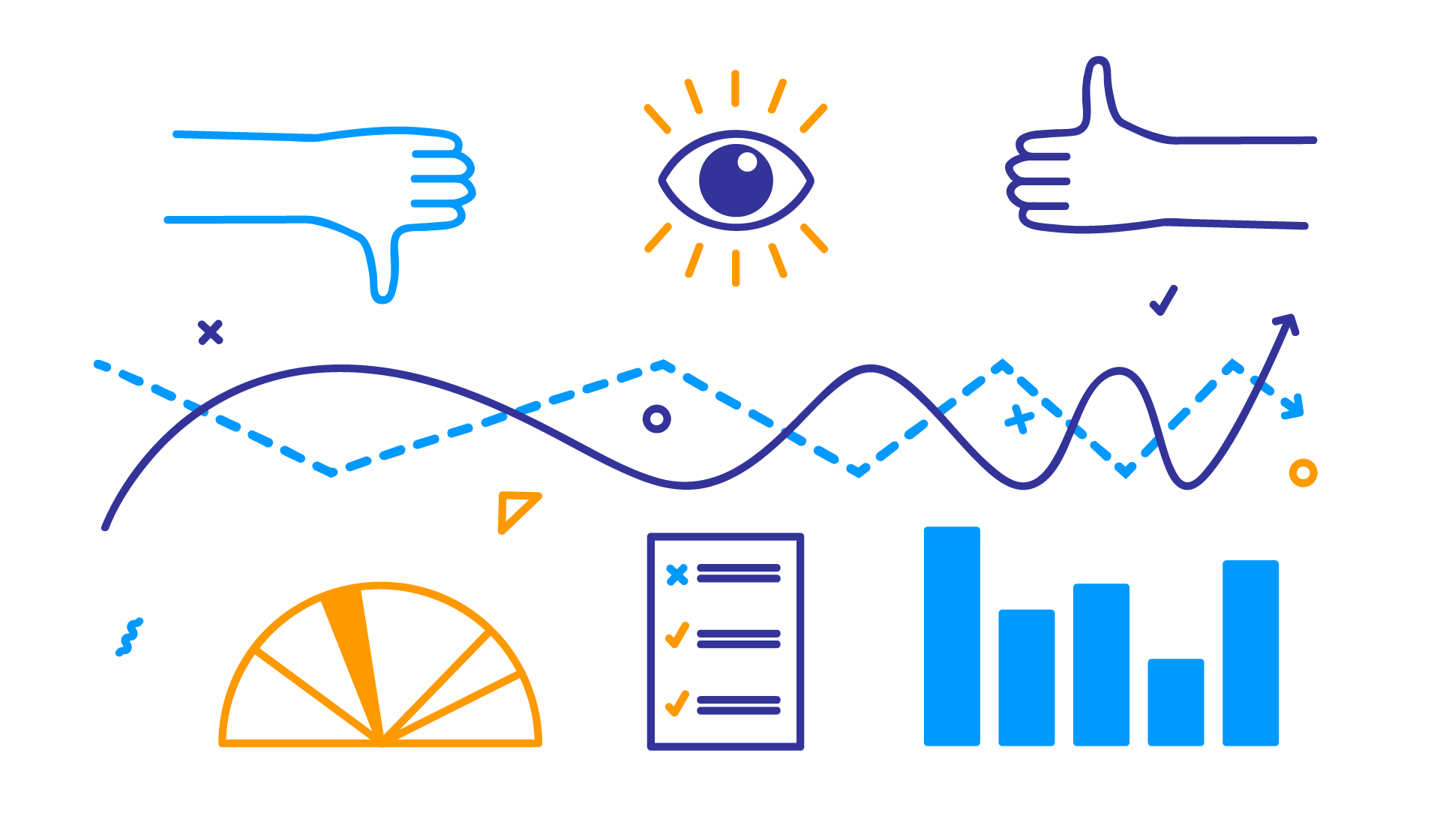
Monitoring and Evaluation (M&E) are critical components in the successful implementation and management of programs. Whether in research, healthcare, or development, these processes ensure that projects are not only on track but also achieve their intended outcomes effectively and efficiently. M&E offers a structured approach to assess the progress of activities, measure performance against objectives, and guide decision-making processes that lead to improvement.
Key Elements of Monitoring and Evaluation
-
Monitoring:
- Focuses on the ongoing tracking of project activities, inputs, and outputs.
- Ensures that day-to-day operations align with the plan and helps identify any deviations that require immediate attention.
- Includes regular data collection, reporting, and analysis to support real-time decision-making.
-
Evaluation:
- Occurs at specific intervals (mid-term or end-of-project), assessing the overall impact, relevance, efficiency, and sustainability of the program.
- Provides deeper insights into whether the program has met its objectives and identifies lessons learned for future projects.
M&E is not a one-time activity; it is an iterative process that feeds into the continuous improvement of programs. By using clear indicators and methodologies, M&E ensures that stakeholders can measure success and drive evidence-based improvements.
- Teacher: KEMRI-JICA TCP
